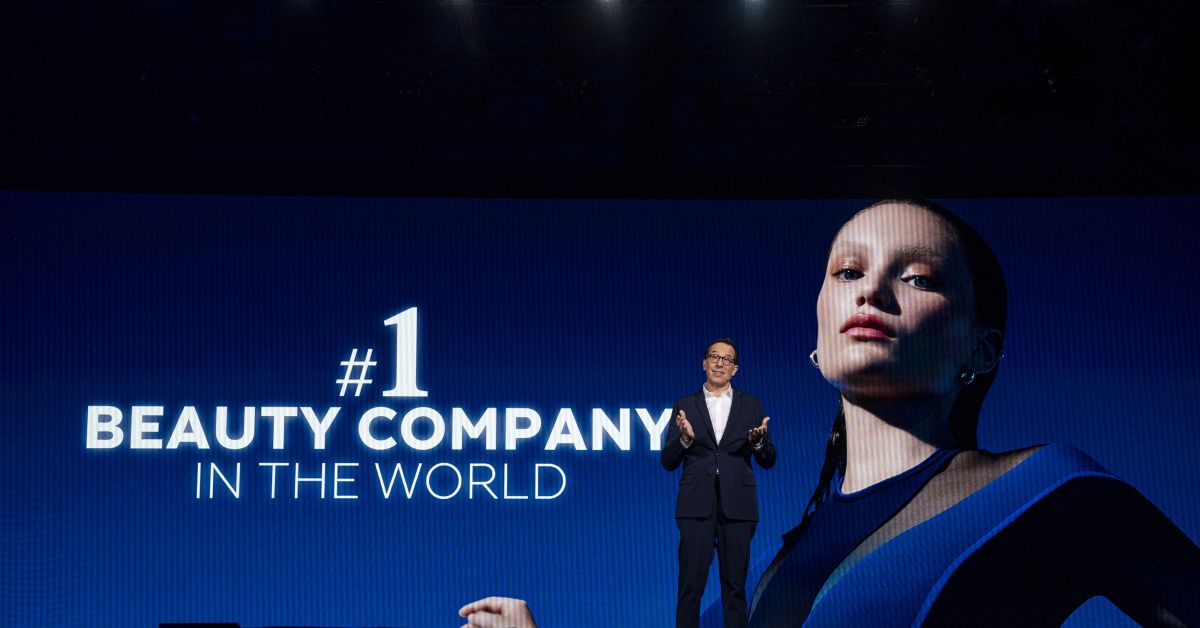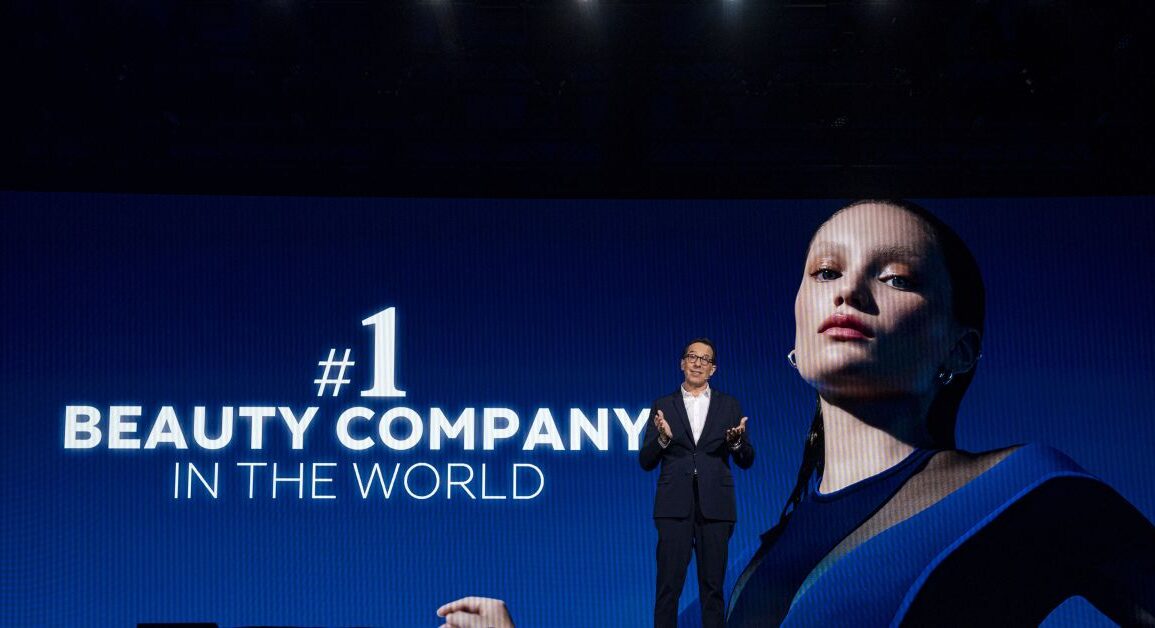
Some consumers’ beauty dreams have transformed into a potentially deadly nightmare.
People spend tens of billions of dollars annually on hair products, including chemical relaxers, which can straighten curly hair. With over 10.5 million annual consumers in the U.S. alone, these chemical relaxers are a high-profit industry.
Now, thousands of Black women are suing the makers of hair relaxers in a federal court in Chicago.
The controversial history of hair relaxers
Originating in the early 1900s, hair relaxers were invented as a revolutionary product for hair management, but the successful industry highlights an unfortunate reality. As one woman plaintiff featured in an NBC News segment regarding the lawsuits said, “I wanted a job … going to an employer with an afro back in those days would not have cut it.”
According to a 2023 research study conducted by Dove and Linkedin, Black women’s hair is 2.5 times as likely to be perceived as “unprofessional” as white women’s hair. The same study finds:
- 66% of Black women change their hair for a job interview.
- 41% changed their hair from curly to straight.
- 54% of Black women feel they have to wear their hair straight in a job interview to be successful
- 25% of Black women believe they have been denied a job interview because of their hair
“Some of them used it because their jobs or society back in the ’80s and ’90s really required Black and brown women to straighten their hair. Some used it because their moms and their sisters and their friends did it, others because they saw the glossy ads of the long, flowing Eurocentric silky hair, and they wanted to look like that,” said Fidelma Fitzpatrick, a New York attorney who is co-leading the lawsuit.
TV, magazines, storefronts, and box advertisements for the products picture beautiful women with silky straight, wind-swept hair.
It’s alluring and promises “salon-worthy, silky, smooth hair” while maintaining moisture and giving “the conditioning care you need for healthier-looking hair.”
For $7.49 at Target, your hair can resemble the women on the box — except for the fact that these products use alleged false advertising, and there is no disclosure of potential health risks.
The health risks of chemical hair relaxers
In 2022, a National Institute of Health study found that women who regularly used hair relaxers developed uterine cancer at more than twice the rate of women who did not. Previous studies on relaxer use and chemicals have shown higher rates of breast and ovarian cancer, a higher incidence of fibroids, and more aggressive tumor growth.
“This doubling rate is concerning. However, it is important to put this information into context — uterine cancer is a relatively rare type of cancer,” said Alexandra White, head of the NIEHS Environment and Cancer Epidemiology group and lead author of the new study.
Studies show that incidence rates of uterine cancer have been rising in the U.S., particularly among Black women, and the consequences are devastating.
The NBC news segment hosted five women plaintiffs in the lawsuits, and when asked how many of them had to have hysterectomies due to their uterine cancer, all five raised their hands. All women had also used hair relaxers throughout their lives.
In the NBC segment, one plaintiff, Marnita Ballard, discussed her emotions upon her cancer diagnoses at age 37. She ultimately had to have a hysterectomy.
“It made me feel like my womanhood was taken away,” said Ballard.
More health & beauty:
L’Oréal’s involvement
L’Oréal (LRLCY) released a statement in November 2023 stating that its “highest priority is the health and wellbeing of all our consumers.”
However, Environmental Working Group, a non-profit consumer group, evaluates consumer products for hazards and potential dangers. They found that the L’Oreal Dark & Lovely Hair Relaxer has a “health hazard score” of 10 out of 10.
The women accuse the cosmetics giant of allegedly marketing the hair relaxer products as safe when they knew or should have known that they contain chemicals that have harmful effects on human health.
These lawsuits fall under the legal realm of product liability law, which holds manufacturers accountable for defective and dangerous products.
As of Aug. 1, there are over 8,200 active cases, making this one of the fastest-growing mass lawsuits in the past year.
This post was originally published on this site be sure to check out more of their content.







